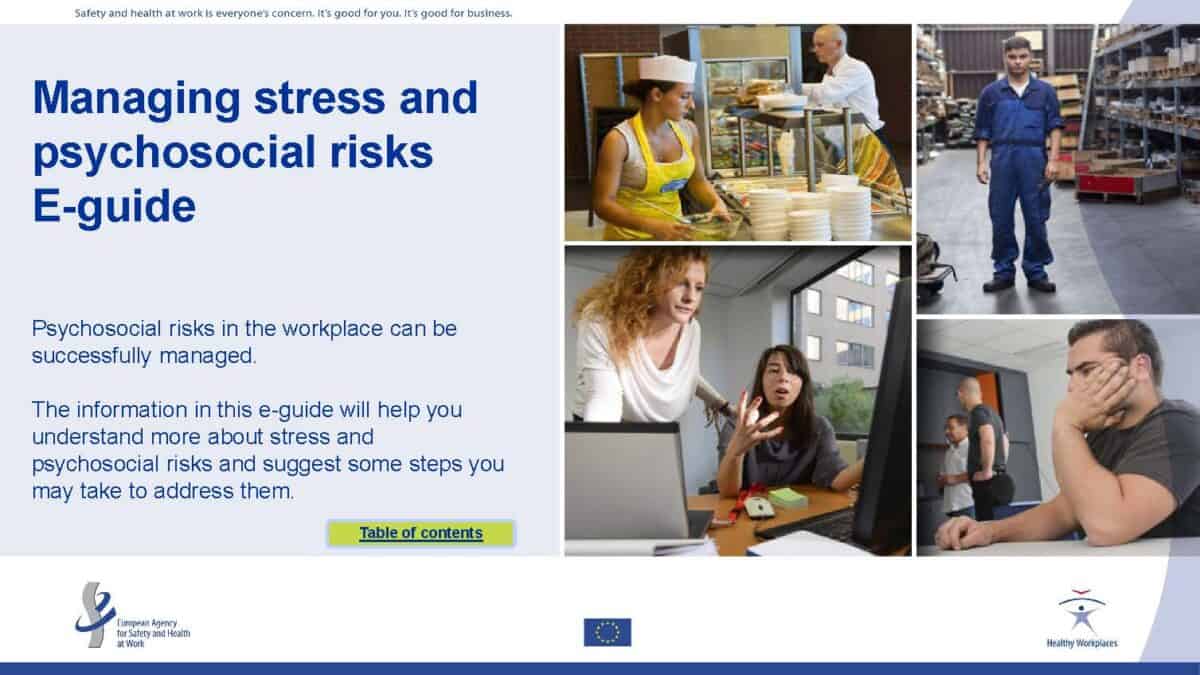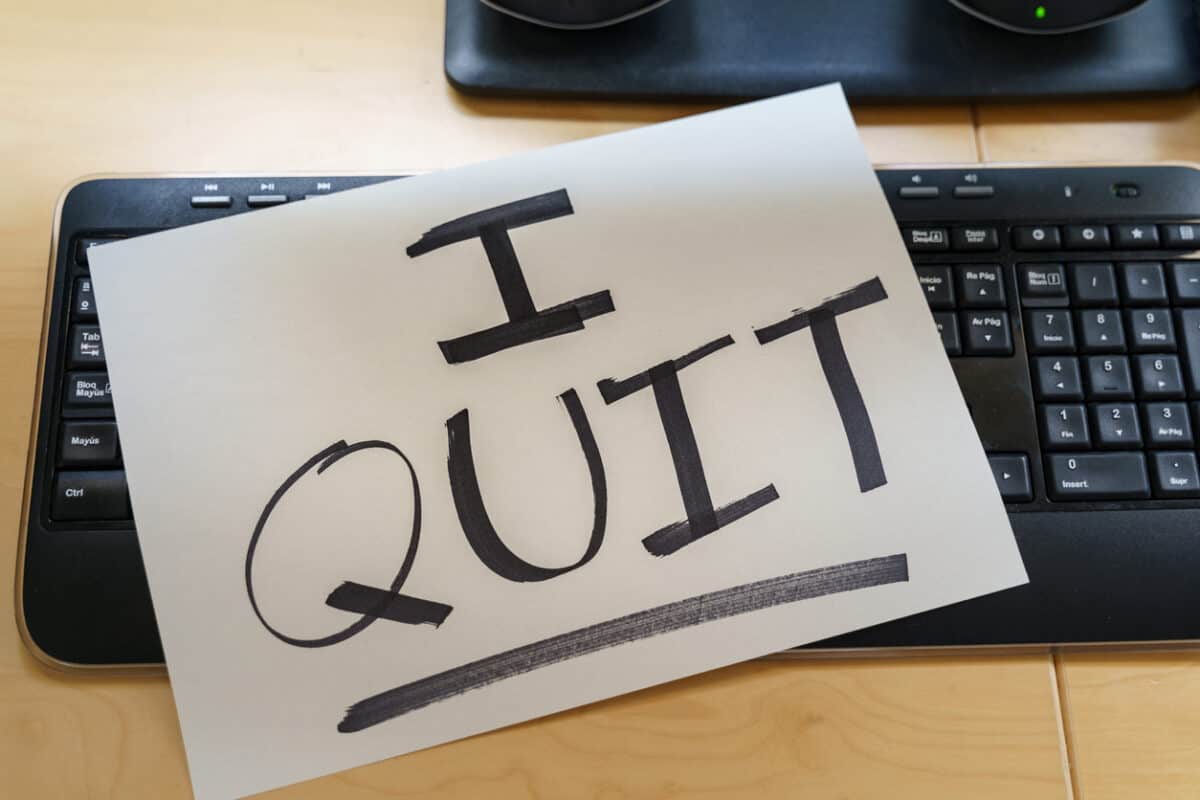Last year the International Labour Organization (ILO) added occupational health and safety (OHS) to its Declaration on Fundamental Principles and Rights at Work. So what? I hear you cry. According to one trade union website:
“Contrary to Conventions – which are subject to ratification by individual Member States to be applicable, all Member States (187 Members) are expected to respect, promote and realize Fundamental Principles and Rights .”
This change has been a long time coming. Expect to hear a lot of discussion about this change at the 23rd World Congress in Sydney later this year, if not Ap[ril 28 and May Day. What Australia will say about this change is unknown, but it will be expected to say something.
Continue reading “OHS is now a fundamental human right. So what?”




![Industrial Manslaughter laws are spreading in Australia but are inconsistent [Open Access]](https://safetyatworkblog.com/wp-content/uploads/2023/02/cover-of-journal_of_work_vol1_no1_edited.jpg)

